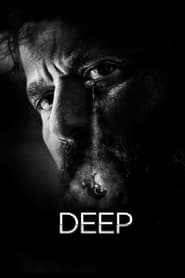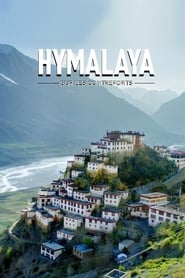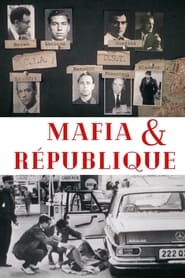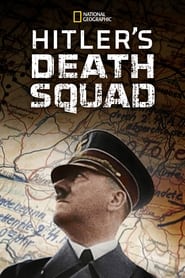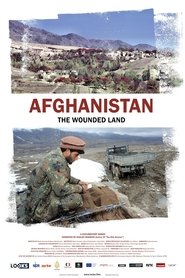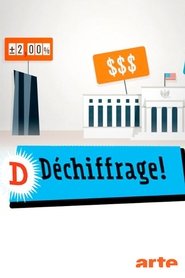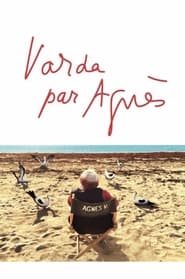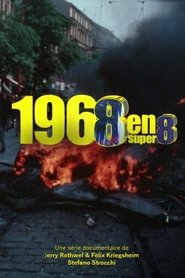Arte TV Series - Page 14
-
Deep
2016
star 6.6As he grapples with a life-threatening illness, a police investigator tracks the explosion of a new synthetic drug on the streets of Paris. -
Aging in the Wild
2017
star 7.2Aging in the Wild is a five-part series that takes a never-before seen look at the golden years in the animal kingdom. Against the backdrop of some of the world's most magnificent nature reserves, national parks, and wilderness areas this series brings viewers on a journey around the globe to meet some of nature’s most interesting elders. Each episode focuses on the story of a different animal and the challenges they face as they age. -
Das Reich: Hitler's Death Squads
2015
star 6D-Day, June 6th, 1944. As the Allies storm the beaches of Normandy, Hitler orders the return of the Das Reich, the infamous Panzer elite division known for its mass murders in Ukraine and Belarus, based at that time in southwest of France. Its mission: to push the Allies back into the Atlantic and turn the tide of the conflict in favor of the Nazi Germany. -
Rage Against the Regime: Iran
2024
star 8Eyewitnesses and survivors reveal the truth about the mass anti-government protests in Iran, from the contested election of 2009 to Bloody November. -
Afghanistan: The Wounded Land
2020
star 7.7Afghanistan is at a crossroads between traditions and a contemporary lifestyle. -
Amur: Asia's Amazon
2015
star 10This three-part series is an epic journey of discovery of the natural world along the Amur and its tributaries and of the rich wildlife and the native people inhabiting the Earth’s greatest remaining wilderness area – a surprising and exotic world shaped and perpetually reshaped by extreme forces of the atmosphere and one of the Earth’s most active tectonic zones. The three episodes portray the unique characters of the Amur’s lower, middle and upper reaches – separate worlds that could not be more different and diverse. -
Varda by Agnès
2019
Varda by Agnès
2019
An unpredictable documentary from a fascinating storyteller, Agnès Varda’s last film sheds light on her experience as a director, bringing a personal insight to what she calls “cine-writing,” traveling from Rue Daguerre in Paris to Los Angeles and Beijing.
